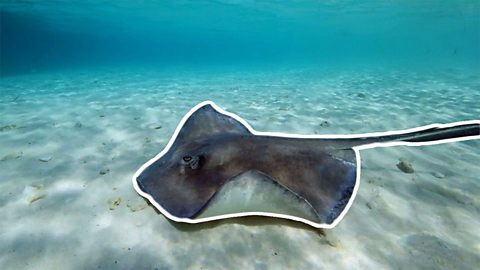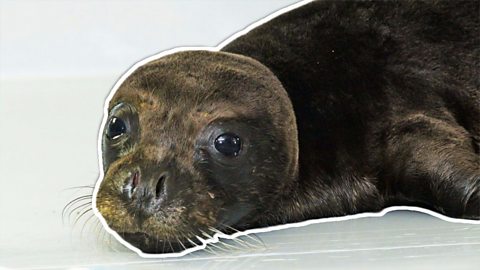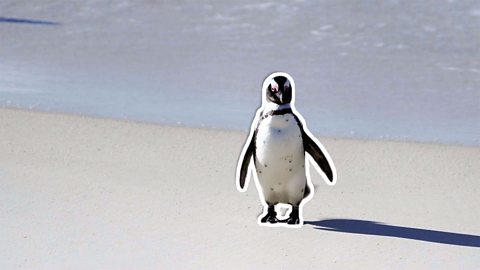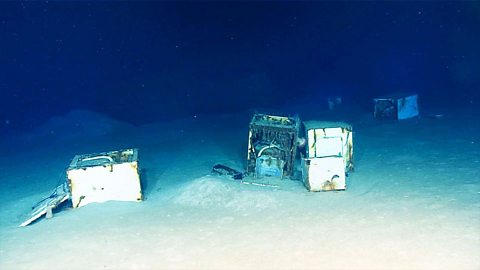Video summary
Every year, hundreds of thousands of silky sharks are getting accidentally caught in fishing nets.
For a fish that grows slowly, matures late and produces few young, these losses have caused a ninety percent decline in some populations.
Shark biologist Tristan Gutteridge is tagging silky sharks to learn more about their daily lives in the hope that it might protect these threatened sharks.
This short film contains images of dead and distressed animals. Teacher review is recommended prior to use in class.
This clip is from the │╔╚╦┐ņ╩ų series, Blue Planet Live. Below are a few ideas to get you started with your class.
Teacher Notes
What is migration?
Animals need different things at different times.
Learners can begin to think about this in terms of why more familiar species (swallows, geese, swans) migrate in different seasons.
They should be asked about why they think sharks might migrate.
There is opportunity for the learners to write about the journey from the perspective of the animal.
Can you be a shark scientist?
The learners should be asked to consider what information they would want to collect from the tag that is added to the shark.
They should be asked to think through what data would be helpful in trying to find out about where the sharks go.
They can identify how they would use this data and how they would present it.
What is a satellite?
Often satellite trackers are used.
The learners should know about Earth and Space and the movement of the Earth and Moon in relation to each other and the Sun.
There is an opportunity to link with orbits and other things that are in space ŌĆō what are space stations doing up there?
How can this be used to track the location of animals that migrate or move habitats?
The learners should make use of secondary sources at this point to support their knowledge.
What is the impact of fishing?
The learners should be reminded of the food chains and where fish comes from.
The learners can offer suggestions of ways to prevent animals such as sharks, turtles and dolphins being killed in the process of fishing.
The economic need for fishing should be considered in terms of jobs, local communities and human diet and the ethics of farm fishing can be introduced.
The learners have the opportunity to write to the local fishing authorities to persuade them of the need for responsible fishing.
The ŌĆśBigŌĆÖ Questions (with opportunities for extended writing and discussion)
Tins of tuna are labelled as ŌĆśDolphin friendlyŌĆÖ, should there also be appeals to support 'Shark friendly' tuna?
Shark attacks are what we hear about ŌĆō does the media determine how we see animals and which we should protect?
Is putting a satellite in space the same as littering?
Suitable for teaching Science at KS2 in England, Wales and Northern Ireland and 2nd level in Scotland.
Protecting stingrays in the Bahamas. video
Owen OŌĆÖShea studies stingrays in the Bahamas and is teaching the locals to protect them.

Protecting the Mediterranean Monk Seal. video
Scientists in Greece are working to protect the rare Mediterranean Monk Seal.

The declining food supplies for South African penguins. video
Scientists have come up with an unusual plan to help South African penguins.

Trashing the deep. video
Marine Biologist, Diva Amon investigates how we are affecting the deep sea.

╠²
╠²